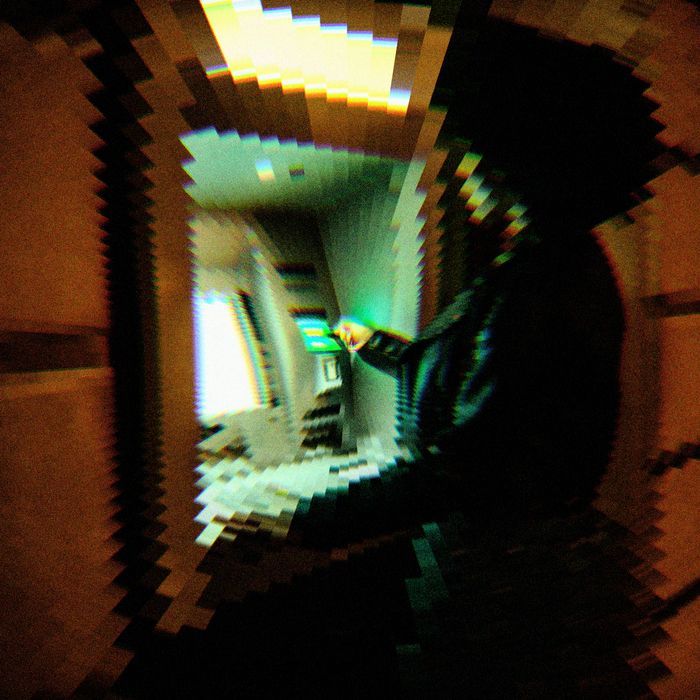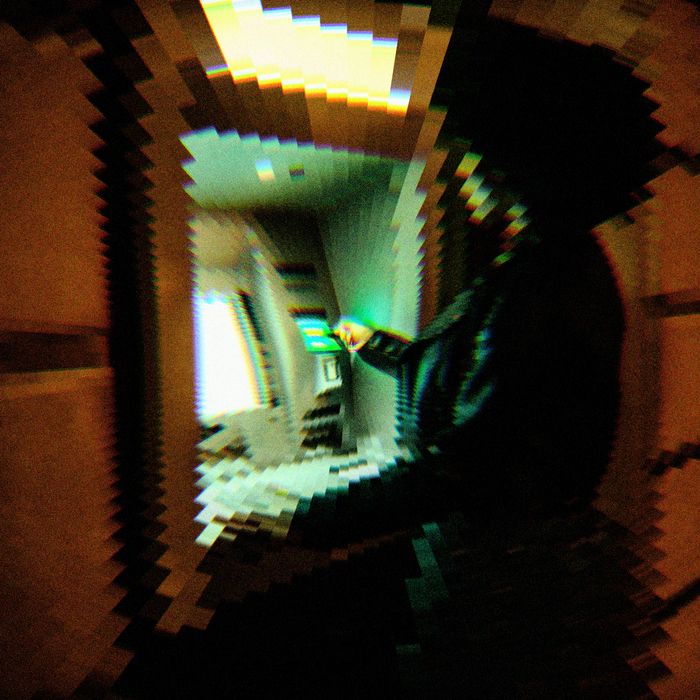
To escape poverty, they say it takes as long as 20 years with nothing going wrong. So naturally it was everything in the world going wrong that gave me a chance. Like so many millions of people in these last two years, the upheaval of the pandemic could have easily left me on the losing end of the balance sheet, awash in red ink, tossed into financial chaos. Instead, I found myself maintaining stability in an unstable time.
There is no question that I was lucky: lucky enough not to lose my older, vulnerable parents in the early waves of the virus; lucky to have eviction proceedings scheduled for the day after New York City shut down; lucky that the Apple Store where I worked part-time kept paying me after we entered lockdown and the store closed. In the summer of 2020, remote interviews gave me a chance to make a good impression without having to work out appearance, logistics, or anything other than being the best version of myself, and the temporary attention to systemic racism meant that organizations were more willing to look at unconventional candidates like me. While staying home lowered some of my expenses, government-sponsored COVID support funds also afforded me space to make physical, mental, and emotional investments that had languished for years. I could abandon the broken shoes I hadn’t replaced, the clothes that no longer fit in size or style, and the tense effort of squeezing all my freelance writing into a handful of chaotic hours. In the midst of the madness, I left retail and the pressure of in-person work, transitioned to a remote office job, and finally received enough to survive.
The new balance was spectacular and horrifying all at once. I was in awe of the numbers in my bank account and the exhilarating assurance that my salaried paycheck would be exactly the same each time, unchanged by my hours or shifts. I gloried in purchasing small necessities like a dentist-recommended toothbrush (now that I could visit a dentist) and minor luxuries like takeout for lunch and hypoallergenic jewelry, while finding unexpected costs (thanks, sudden cardiologist visit) to be a nuisance rather than a catastrophe. The horror was less obvious than existential, emerging as I recognized how small an amount had entirely changed my life and how much I had been asked to do with so little.
All the energy that had gone into achieving the singular goal of “enough” was now diverted into examining what I had had to sacrifice to achieve it. I had become small and weak from the weight of carrying poverty with me, discarding anything that might become a burden. I abandoned hobbies, set aside friendships with socialization I could not afford, and shrunk any and all of my dreams until they hardly had substance. I had lived in denial, privation, self-abnegation, where spending was measured only in how much value I could extract. Now that I had stability, could I afford to let go of financial anxiety?
Truthfully, answering that question wasn’t as straightforward as it seemed after the anxiety of life at the edge had saturated every element of my existence. Though I had experienced periods of poverty as a child, it wasn’t until I entered it as an adult that I learned the true cost of things. I could gaze past the sticker price that everyone else sees to tally the intangible sacrifices that accumulate into a debt of living. There are the obvious costs of buying cheaper items more frequently because they are poorly made, or staples that are more expensive because buying in bulk is out of reach. But there are also the costs on the mind and body: the loss of energy when you cannot spend on a solid mattress for a good night’s sleep; the loss of opportunity when you can’t buy personal neatness for the professional job you need to land; or the loss of time when you can’t afford to hand off cooking or cleaning to get even an hour away from family.
For years, every ounce of my mental energy went into keeping a ledger, managing (frequent) payments and (rare) deposits, mapping expenditures by urgency so that every dollar is spoken for before it is even made. And even this is not enough to describe what the mental load of poverty feels like. Researchers liken it to trying to function without any sleep, but even this doesn’t capture the cumulative effect of being absolutely exhausted to the bone at all times, while also processing the constant adrenaline coursing through your body because your life is on the line. Rather, I have always felt like managing poverty is like walking a tightrope over an abyss — steady always, eyes up, and don’t think about the fall.
Escape, then, is not a matter of skill; it’s a matter of luck. There is always the possibility of an emergency, either genuine acts of God or the thousandth cut from living life on a razor’s edge, and if you are not ready it will overwhelm your small budget, tip your balance, disrupt your footing, and into the chasm you go. So a year into the pandemic, I had gotten a new job, better resources, and a stable housing situation — and I was still ready for everything to collapse.
I had been spared, but there was no telling how long my luck would last. It had been years of having “what-ifs” pile up and tumble over each other, crowding out any rational knowledge and leaving behind only the fear of falling. The pandemic itself has proven that there is no guarantee of anything, let alone that the roof won’t cave in, the bottom won’t fall out, and you won’t end up back on the tightrope. Stability in this environment felt like less of a real aspiration and more of a mirage.
So it was with my own safety: For reasons outside of my control, I lost my “enough” job within a year of getting it. My reflexive paranoia and anxiety around money ultimately protected me, giving me a cushion after the floor fell from beneath my feet. In choosing a life of freelancing rather than returning to regular employment, I am not quite back on the tightrope, but I can feel the cold wind of the abyss whistling through the gaps of what is left. The upheaval isn’t over, and the respite of vaccines isn’t permanent. I can sense the tight fear of a country where so many of us are on the brink that it feels like we are collectively terrified to breathe.
I’m walking into 2022 with the ledger in my head, with the memory of the balance and sacrifice I maintained, with the hope that the “enough” I received is sufficient to support my leaps and bounds, to steady me for greater and scarier leaps than I imagined. And in my back pocket, I hold my financial anxiety close, letting it remind me of what is fragile and what is permanent, waiting for it to whisper: Watch your step.

